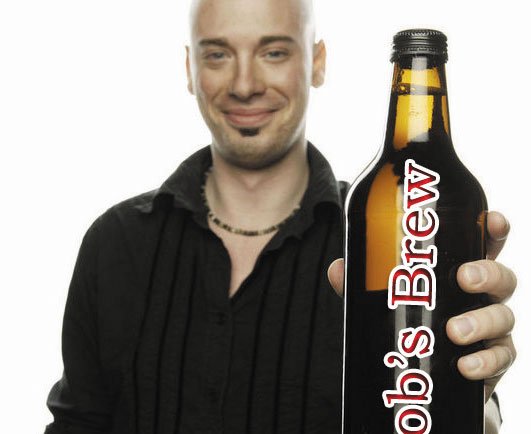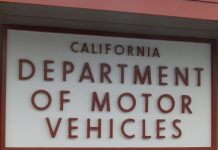PBR instead of Stella Artois. Absolut rather than Grey Goose
vodka. Two Buck Chuck replaces Veuve Clicquot.
PBR instead of Stella Artois. Absolut rather than Grey Goose vodka. Two Buck Chuck replaces Veuve Clicquot.
When the economy goes bad, people don’t stop drinking. They do, however, rethink their choices. And that is hurting everyone in the booze business, from manufacturers to distributors to stores and restaurants.
With sales down, they’re working to keep up with costs and trying to avoid laying off workers. But until the economy improves, people’s choices to tipple on the cheap will continue to cut away at the bottom line.
“That’s coming completely out of your profits,” said William Riley, vice president of sales for Raleigh, N.C., wine and beer distributor Mutual Distributing, which has seven branches and 650 employees throughout the state. “To run a truck, to employ the employee to drive the truck, all that stuff it doesn’t matter what I’m selling.”
To make matters worse, state and federal excise taxes on distributors are calculated using the volume of alcohol sold by a company, not the dollar amount paid for that alcohol. And those in the business fear that those taxes could go up if legislators start looking for ways to raise revenue.
Right now, a company such as Harris Wholesale or Mutual Distributing pays about $1.20 in tax to the state for each case of beer it sells, regardless of whether the case sold for $8.99 or $19.99.
Profits take the hit.
“In good years, we grow 3 percent or 4 percent, and in bad years we grow 1 percent, and right now that 1 percent looks pretty good,” said Worth Harris, CEO of Raleigh-based Harris Wholesale, which distributes Anheuser-Busch, Redhook and other beverages to about 3,000 stores, bars and restaurants in central North Carolina.
For now, such companies are simply trying to hang on. “We are dipping into our profits to keep the operation going every day,” Riley said. “I don’t think there’s an industry out there that’s not.”
For restaurants – a risky business even in good times – drinkers ordering from the bottom shelf may have contributed to a lukewarm sales increase of 3.8 percent in 2008, according to Raleigh research firm Sageworks.
To boost profits, more places are offering specials. For instance, at Jibarra, in downtown Raleigh, brothers Joel and Hector Ibarra are pushing a Sunday brunch that features three courses and bottomless mimosas or Bloody Marys for $28 a person. On Wednesdays, patrons can taste most of the tequilas in stock for $5.
So far, the strategy seems to be working. “You might as well try a $5 tequila,” said Guillermo Carrera, 22, of Pinehurst, N.C. “I was only going to have two drinks tonight, but this seemed like a good deal.”
Even when people are drinking at home, they’re doing it on the cheap.
“I know in December of last year, we’re off 600 cases of Grey Goose,” said Mike Herring, administrator for the N.C. Alcoholic Beverage Control Commission. “Grey Goose was something that was growing steadily each year. We basically just lost our growth for the year.”
A fifth of Grey Goose sells for $34. Absolut for $22.
Still, the state’s ABC stores, which supply restaurant and bars as well as sell to individuals, have seen sales increase slightly this year. They rose 10 percent in January but were down 2.5 percent in February when compared with those months in 2008.
With no one expecting a quick economic turnaround, the state’s liquor and alcohol purveyors are now most concerned that the state, which has a budget shortfall, will try to raise taxes on alcoholic beverages.
A recent poll conducted by Elon University showed that 71.8 percent of the 758 North Carolina residents surveyed would support or strongly support an increased beer tax, and 75.7 percent would support an increase in the wine tax.
But Harris said such an increase would push his company over the edge. So far, he has eliminated two of his daily truck runs and plans to reduce his staff of 240 by 10 people through attrition.
“It’s a pretty fragile existence,” he said. “If federal or state decides to increase our excise tax, then I would anticipate sales dropping pretty suddenly and that would change everything. We would almost definitely be laying people off.”
State legislators say they may have no choice.
Though no bill has been introduced that would raise such taxes, N.C. Senate leaders have already broached the topic this year. And many say they will support a bill if one is introduced.
Sen. Ellie Kinnaird, a Democrat from Carrboro, said services such as drug treatment programs are in jeopardy of being scaled back or eliminated because of the shortfall.
“Somehow we have to pay for these things, and if that’s one way we can pay for them to prevent more harm for those programs, then that’s something we should support,” she said.















